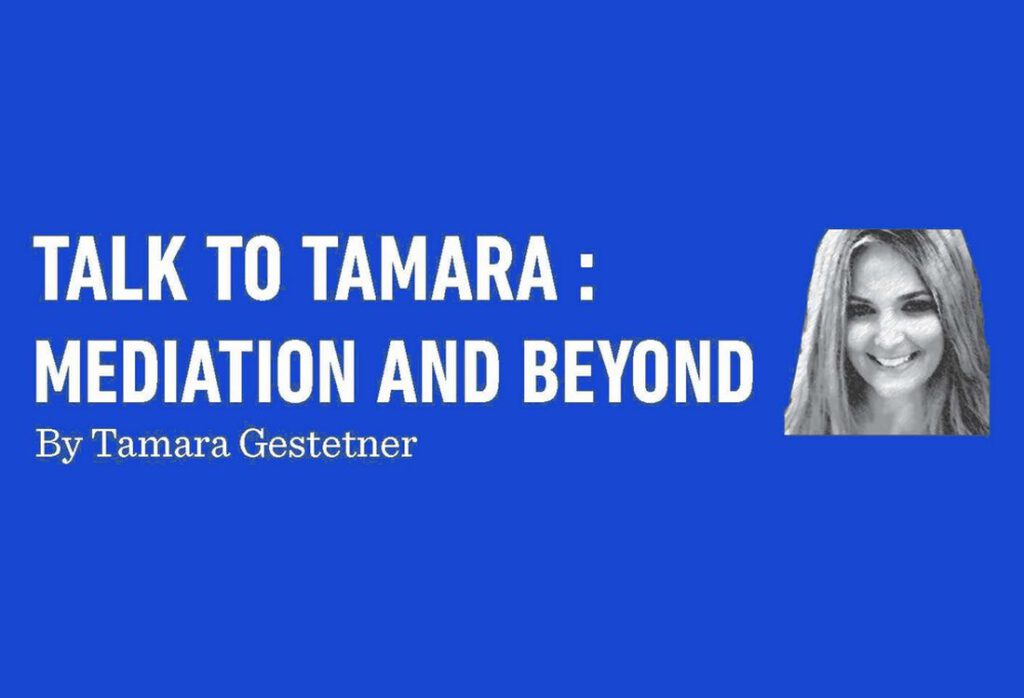Educational Program for Parents: A Paradigm Shift
By Debbie Niderberg
As the director of a teacher training and coaching program, a highlight of my work has always been visiting Jewish day schools and witnessing the ways in which teachers and students engage with both subject matter and life lessons.
On a recent visit to a fifth-grade class in a Jewish day school, one student caught my attention. While the class followed the teacher’s directions—sitting at their desks, opening their books, and beginning their work—this student did not. Instead, he turned around to talk with the student behind him, moved around the room, and eventually asked to use the bathroom. On returning to class, he continued to distract others, flipped pages, and walked to the back of the class. Eventually, the teacher asked him to wait in the hallway so they could speak privately after class.
As an educator and a parent, my heart went out to the student—I felt his disconnection and humiliation when asked to leave the room, masked by a veil of bravado and disinterest. I felt for the teacher, who seemed frustrated about how to manage both this student’s needs and those of the class. And I thought of his parents, likely having conversations with the school regularly, and communicating their own concerns and hopes for their child.
In the eighteen years that I have had the privilege of directing the Hidden Sparks teacher professional development program I have learned to wonder . . . a lot. Observing this young student and his teacher, I wondered whether he experienced other classes similarly? What are his strengths and passions? Where does he shine? What is he like at home? And perhaps most important, how might the practice of wondering about what was happening in that class and developing an understanding of this student’s challenges and strengths, lead to considering what might help him experience success in the future.
I have seen how powerful it is when teachers engage in asking questions, instead of judging, when they are curious and strategic rather than disciplinary. And when we add to that spirit of discovery, knowledge of learning, temperament and behavioral principles, and an array of tools to support children’s growth, we see remarkable changes . . . in teachers and students. Teachers approach their work with a shift in perspective and increased understanding and empathy, and students then show strong gains when they feel seen, understood and supported.
But school is only a piece of the puzzle. Families play a huge role in children’s learning and growth. While there are endless sources of advice and guidance on parenting and child-rearing, we wondered, wouldn’t families benefit from the same knowledge, strategies, and approach that have sparked teachers’ curiosity, expanded their tool box and strengthened their confidence?
As I think of the student I observed, I can’t help but wonder how a teacher-family-learning specialists meeting focused on understanding this student’s struggles with coordinated strategies to support him both at school and home could help this student immeasurably. Ideally, parents, teachers, and specialists would come together proactively not just around crises, but routinely to communicate openly, and with enhanced understanding, about a child’s progress, and work collaboratively on school-home strategies for success. Such collaboration could be a game changer for this student, and for all students!
We want to contribute to this new way of thinking and collaboration between schools and families. Our success in broadening teachers’ attitudes, knowledge, and practices through professional development about brain-based learning and development, temperament, environmental influences, and social-emotional factors in children’s growth inspired the design of parent programming that would address the same areas, but as uniquely relevant to family roles in children’s lives.
As we tap the synergy between school and home and expand our journey beyond the classroom and into the homes of children, in order to help parents access the same high level learning and language available for educators, we are excited by the enormous potential to help children and families in life changing ways. n
Debbie Niderberg is a co-founder and Executive Director of Hidden Sparks, which provides coaching and teacher training for Jewish day schools/yeshivot across North America. It will launch its first course for parents this summer. Find out more at HiddenSparks.org/pls/











